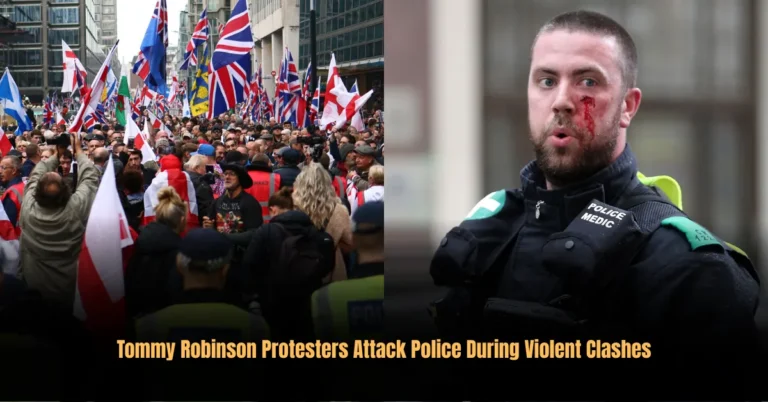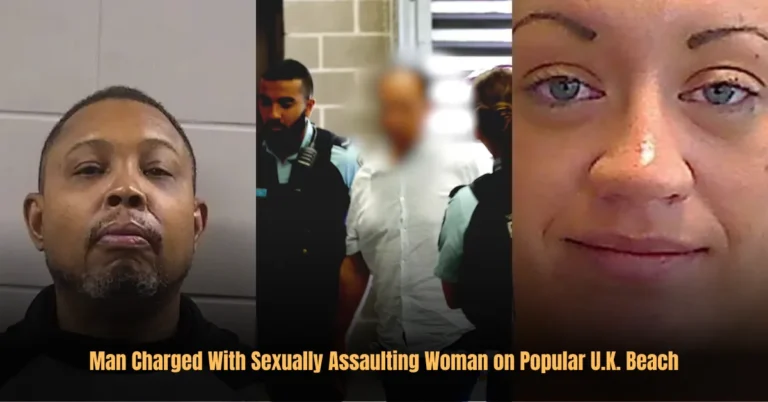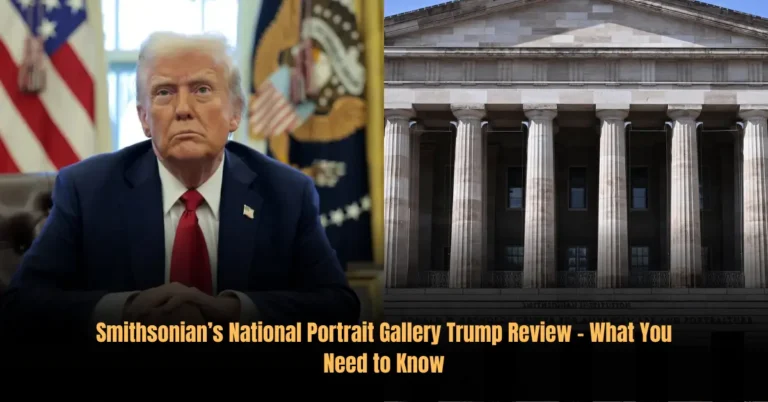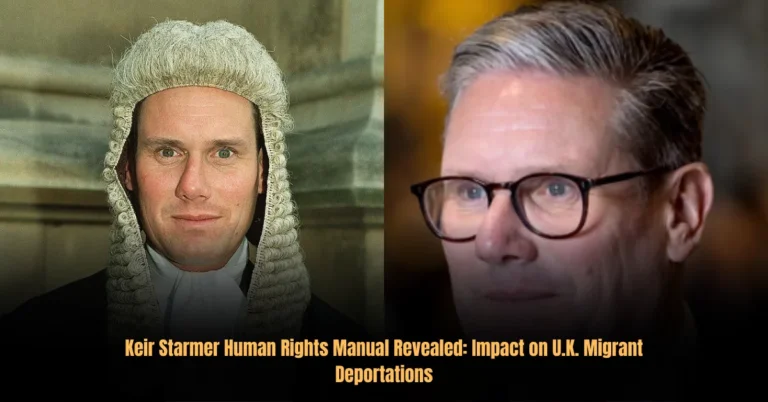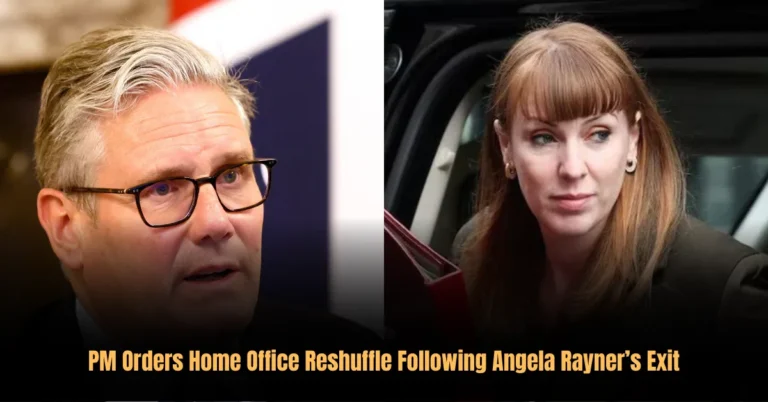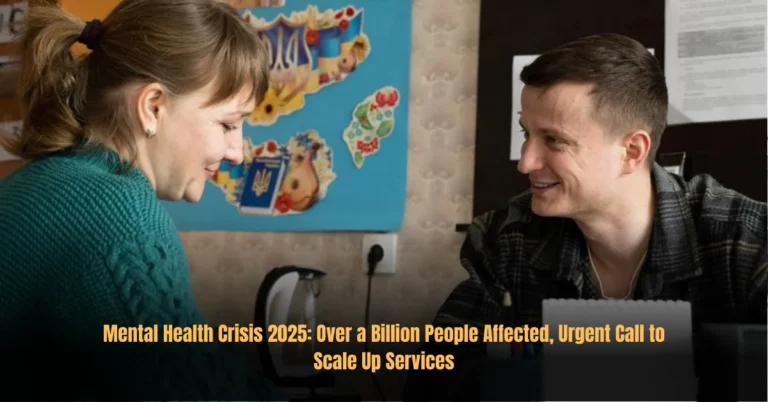BBC ITV BT and IMG Case Study: U.K. Watchdog Exposes $5.7M Freelancer Pay Collusion
The $5.7M Secret: How UK Media Giants Tried to Silence the Freelance Market
The media world in the UK was shaken by big news. The Competition and Markets Authority (CMA) found out that BBC, ITV, BT, and IMG were secretly working together. They tried to control how much freelancers got paid. Because of this, the companies were fined a huge amount — about £4.24 million ($5.7 million).
This case is very important. It shows how big companies can hurt small workers by cutting fair pay. It also proves why rules for competition are important, especially for freelancers who depend on fair wages.
Also Read: TikTok Star Visits Southampton in New Viral Social Media Video
The Freelancers Behind the Screen
Every football match, rugby game, or live sports event you see on TV depends on freelancers. They are camera operators, sound experts, and producers. They work hard to make the event look and sound perfect.
Unlike full-time workers, freelancers do not get a fixed salary. They earn through daily or project-based pay rates. A fair methods means industries should clear with each other and offer best payment to hire the nice people.
But in this case, the big industries broke that rule. They worked together to keep freelancer payment low.

How the Investigation Began
The CMA started looking into this case in July 2022. It began when Sky, another big media company, came forward and gave important information. Sky was part of the group but decided to confess early.
This gave the CMA enough evidence to check emails, messages, and agreements between the companies. After months of work, they proved that the companies were secretly fixing freelancer pay.
Who Is the CMA?
The Competition and Markets Authority (CMA) is the UK’s watchdog. Its job is to stop unfair business practices. It builds sure that no industry cheats the market or harms helpers and consumers.
The CMA has good powers. It can investigate, collect evidence, and fine industries. In this case, the CMA showed that they are serious about protecting freelancers, not just regular customers.
How the Secret Deal Worked
Between 2014 and 2021, BBC, ITV, BT Sport, and IMG made secret agreements. They shared information about how much they paid freelancers.
Instead of offering higher pay to win good workers, they decided to “stay united” and keep the pay low. They spoke many times about “not starting a bidding war.”
This is called collusion. It is against the law because it kills competition and hurts workers.
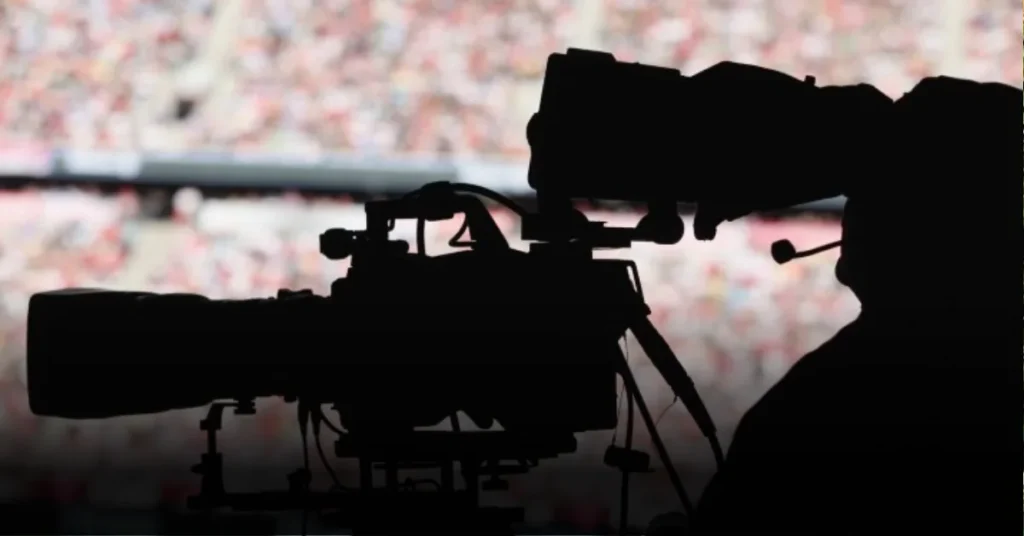
The Evidence That Proved Everything
The CMA found emails and WhatsApp messages between the companies. In those messages, people openly talked about not raising freelancer rates too much.
One email even said: “When we raise rates, I always check with others so it doesn’t cause market disruption.”
These words proved that the companies were working together to control the market.
Also Read: First Photos Released of Site Where NZ Bushman Hid Missing Children
How Freelancers Suffered
The biggest losers were the freelancers. Because of this deal, camera operators, sound people, and producers earned less money than they should have.
Without competition, they could not ask for better pay. Their income stayed low while companies saved money. This was called a “quiet squeeze” because freelancers silently lost income without knowing the original reason.

The Fines and Punishments
In early 2025, the CMA told goods for the industries:
- BT: £1.7 million fine (15% discount for helping)
- IMG: £1.7 million fine (40% discount for helping)
- ITV: £340,000 fine (42.5% discount)
- BBC: £424,000 fine (discount for settling)
These all goods were not just related money. The industries also had to admit publicly that they broke the law. Their reputation in the company was badly damaged.
Also Read: Princess Kate Health Update: Kensington Palace Issues Major Statement
Why Sky Escaped Fines
Sky was also part of the secret deal. But it was the first to report the cartel under the CMA’s leniency program. Because Sky confessed early, it was given full protection from fines.
This shows why whistleblowing is important. The CMA’s system rewards the first company that tells the truth. This makes it easier to uncover secret cartels.
Why This Case Matters for Freelancers
This case is a big win for freelancers. It proves that their work is valuable and protected by law.
Here are the key lessons:
- Pay should be decided fairly, not secretly fixed.
- Companies must compete for your skills.
- Freelancers have the right to better rates in a free market.
The CMA has made it clear: workers will not be ignored.
Lessons for Freelancers
Freelancers can use this ruling to protect themselves. Here are some tips:
- Research Pay Rates – Check what others in your field are earning.
- Negotiate with Confidence – Don’t accept low pay just because a company says “market rates.”
- Spot Warning Signs – If companies say things like “we are all aligned” or “we can’t start a bidding war,” it could be collusion.
- Report Suspicious Behavior – If you see proof, report it to the CMA. They can protect whistleblowers.

A New Era for Fair Pay
This decision is not just about sports broadcasting. It will also affect other creative industries like film, TV, and publishing. Companies will think twice before trying to cheat workers.
It shows that fair competition protects everyone. Freelancers can now hope for better pay and fair treatment.
Also Read: Sarah Ferguson Bold Statement as Prince Harry Arrives in Windsor
Final Thoughts
The BBC, ITV, BT, and IMG case is more than a story about fines. It is about fairness, respect, and the value of freelancers.
This case has changed the conversation about pay in the UK media industry. It has also shown that strong rules can protect the people who keep the industry running.
For freelancers, this is a landmark win. It proves their skills matter. It proves they deserve fair pay. And it proves that no company is above the law.
Author Bio
Shoaib Khan is a freelance writer who covers jobs, career tips, and global news updates. He writes in simple and clear English so everyone can understand. Shoaib believes that useful information should be easy to read and helpful for people looking to improve their careers and daily life.


